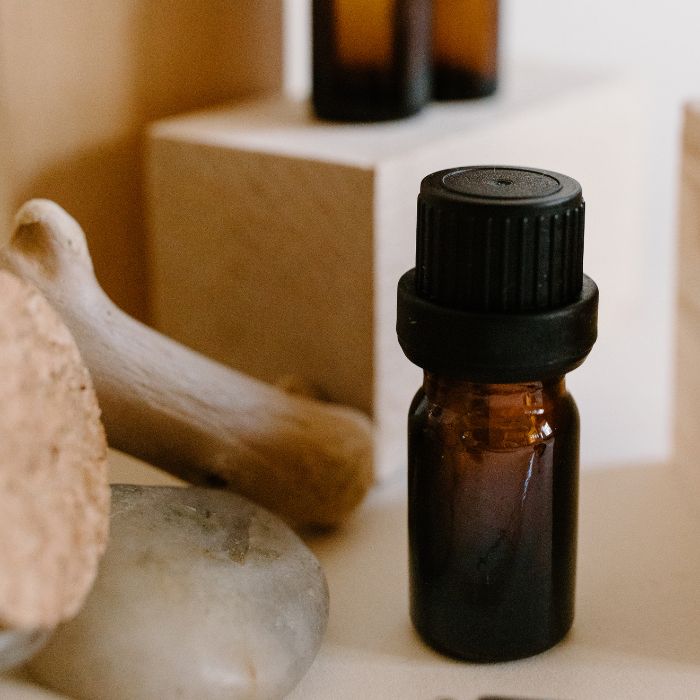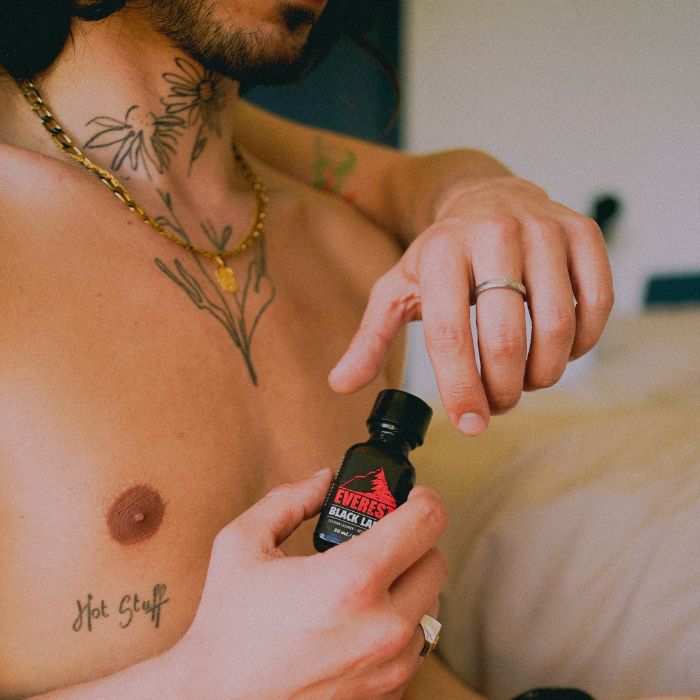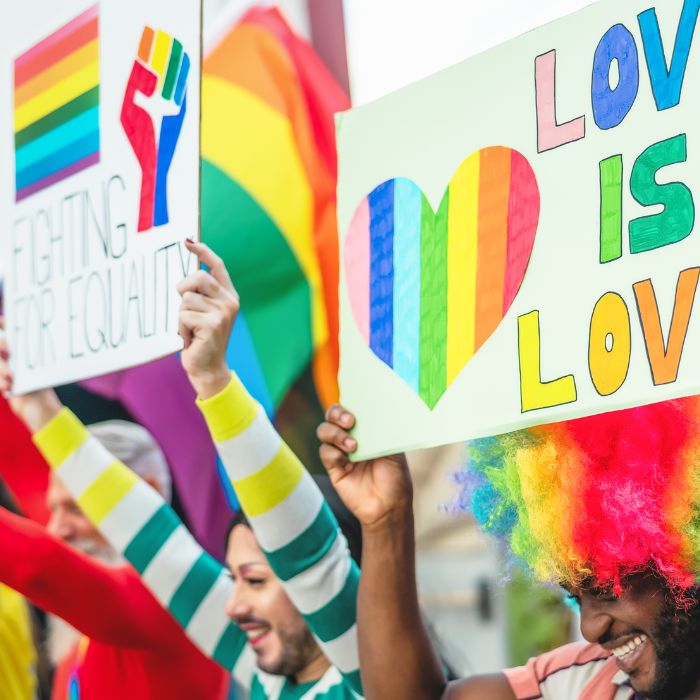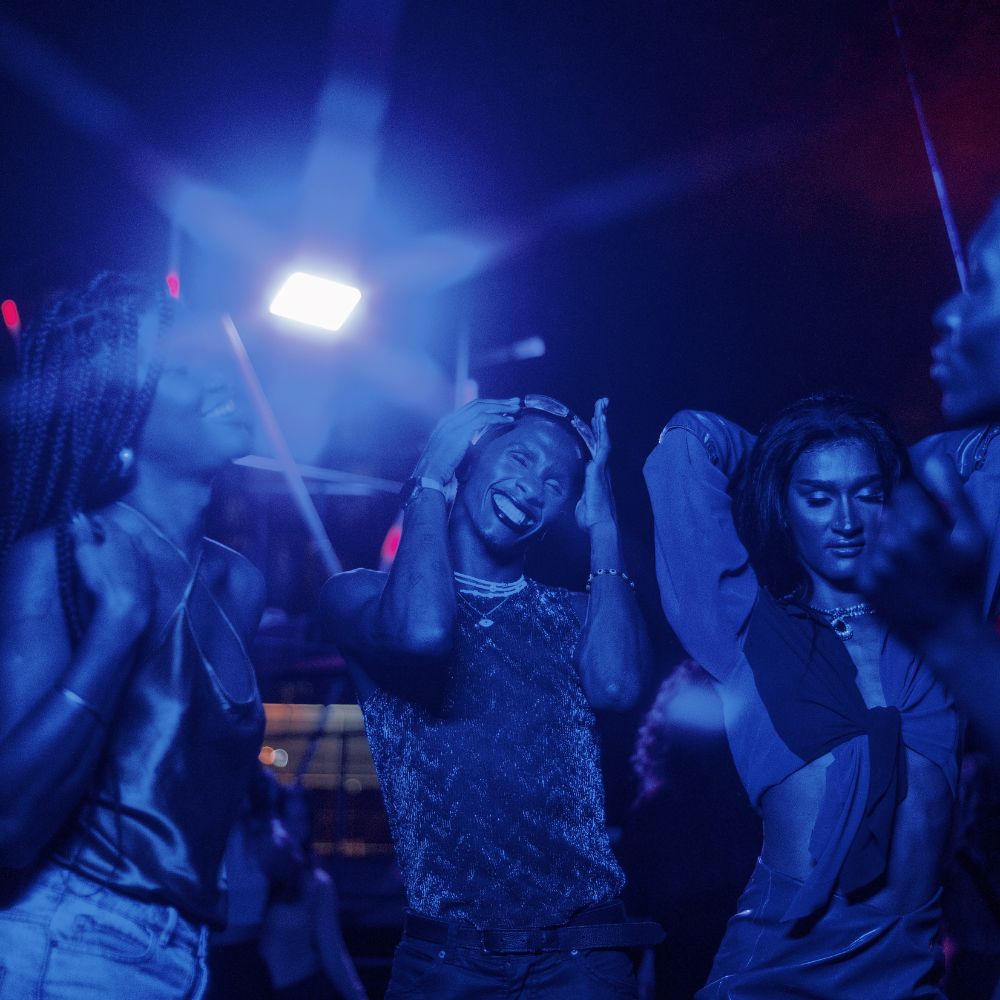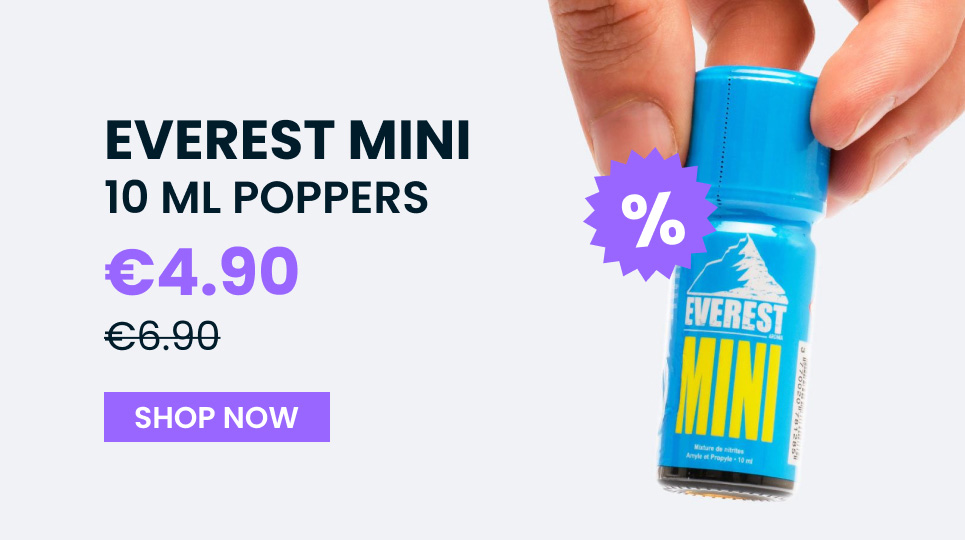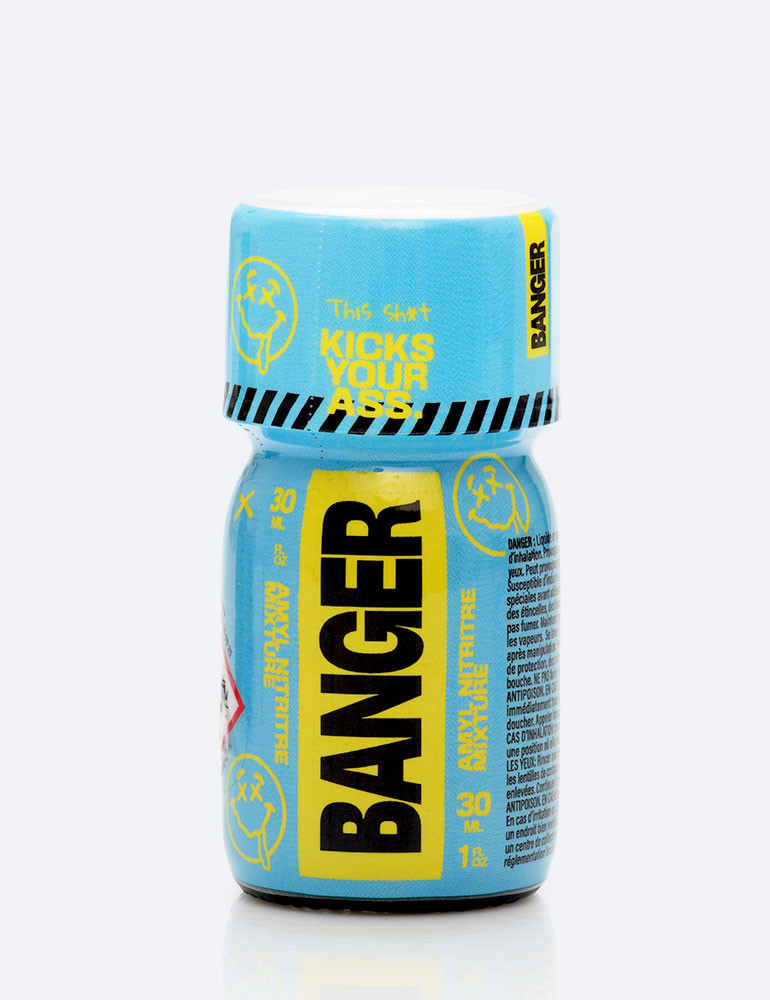Poppers, a widely used recreational drug, have captivated people with their euphoric and muscle-relaxing effects for decades. Used for a party or sex, these bottles spice up users’ nights out. Originating in the form of alkyl nitrites, like amyl nitrite, pentyl nitrite, and isopropyl nitrite, poppers are typically sold in small bottles and inhaled to induce a brief but intense rush. Despite their popularity, many people are uncertain about the shelf life and potential expiration of poppers. Do poppers products expire, and if they do, what are the different implications for their safety and effectiveness?
Contents
ToggleThe nature of poppers
To understand how poppers expire, it is important to first comprehend their chemical nature. Alkyl nitrites (amyl, propyl, and pentyl nitrites) are volatile compounds that can degrade over time, especially when exposed to certain environmental factors. This degradation can affect both the strength and safety of the product.
The shelf life of a poppers bottle
The shelf life of poppers is not fixed and can vary significantly depending on different key factors. Generally, poppers can remain effective for a time period ranging from a few months to a couple of years. However, this duration is influenced by the specific type of nitrite used, the storage conditions, and the quality of the packaging.
Different alkyl nitrites exhibit varying levels of stability. For instance, amyl nitrite is known to last longer compared to isopropyl nitrite. This inherent stability plays a crucial role in determining how long the product can remain effective. Furthermore, storage conditions are important. Poppers should ideally be kept in a cool, dark place. Exposure to heat, light, or air can accelerate the degradation process, reducing their strength. Therefore, ensuring that the small bottle is tightly sealed after each use is crucial to prolonging their shelf life.
The packaging of poppers also impacts their longevity. Bottles that are airtight and made of dark-coloured glass tend to better preserve the chemical integrity of the product. In contrast, transparent or poorly sealed containers may allow light and air to penetrate, hastening the degradation process.
When are products no longer stable?
Determining whether poppers have expired can be challenging, but there are some telltale signs. One of the most noticeable indicators is a change in colour. Fresh poppers typically have a clear or pale yellow appearance. If the liquid becomes brown, it is likely a sign of oxidation and degradation. Similarly, smelling poppers can provide clues about their condition. A sharp, unpleasant odour that deviates from the usual scent of fresh poppers suggests spoilage.
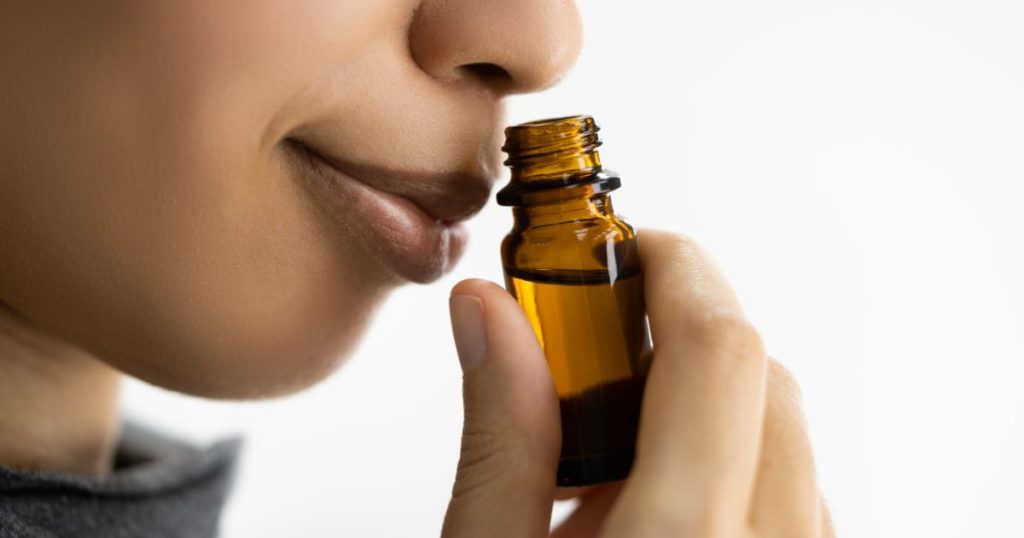
Another significant indicator is the effectiveness of the product. If the desired effects, like the euphoric rush and muscle relaxation, are significantly diminished or completely absent, the poppers may have lost their potency due to degradation.
Safety concerns with expired poppers
Using expired poppers can pose several risks. The most immediate concern is reduced effects. When poppers lose their potency, people may not experience the intended effects, which can cause a potential overuse as individuals try to achieve the desired outcome. This overuse can increase the risk of adverse reactions.
Degraded poppers can also produce harmful byproducts. Inhaling these substances can cause various health issues, like headaches and nausea to respiratory problems and more severe complications. The exact chemical changes that occur as poppers degrade are often unpredictable, adding an element of uncertainty and risk.
Best practices to store poppers
To maximise the shelf life and ensure the safety of poppers, users should follow several best practices to store their bottle. Keeping poppers in a cool, dry place away from direct sunlight and heat sources is crucial. Additionally, ensuring that the small bottle is tightly sealed after each use can help minimise exposure to air and moisture. Storing poppers in their original, dark-coloured bottles, or transferring them to similar containers, can also protect them from light.
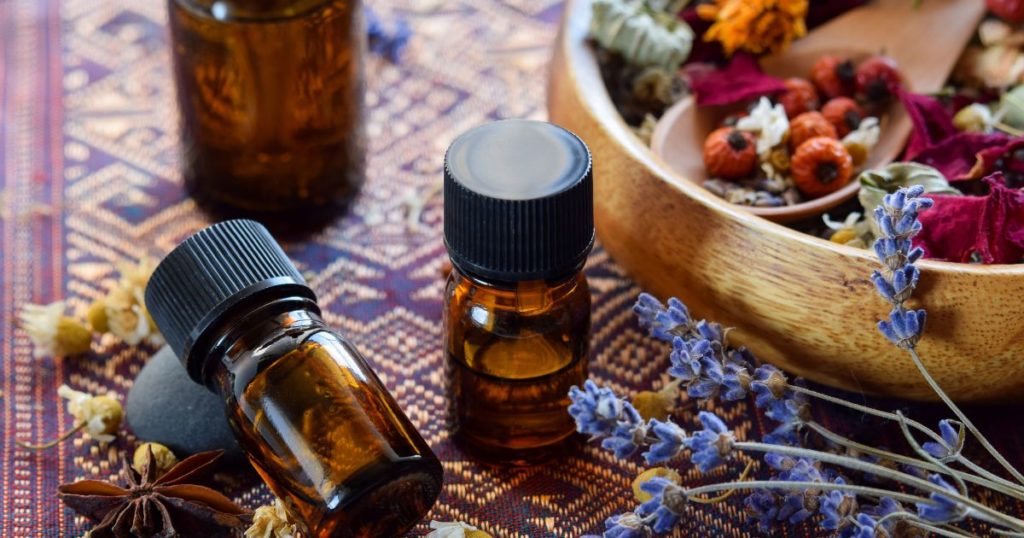
Regularly inspecting the colour and smell of poppers can help users detect any changes that indicate spoilage. If any changes are noticed, it is best to dispose of the poppers to avoid potential risks.
Poppers expire, influenced by factors such as chemical composition, storage conditions, and packaging. While using expired poppers can lead to reduced efficacy and potential health risks, proper storage in a cool place and regular inspection can help maintain their potency and safety. By being mindful of these factors, users can ensure a better and safer experience with poppers.

